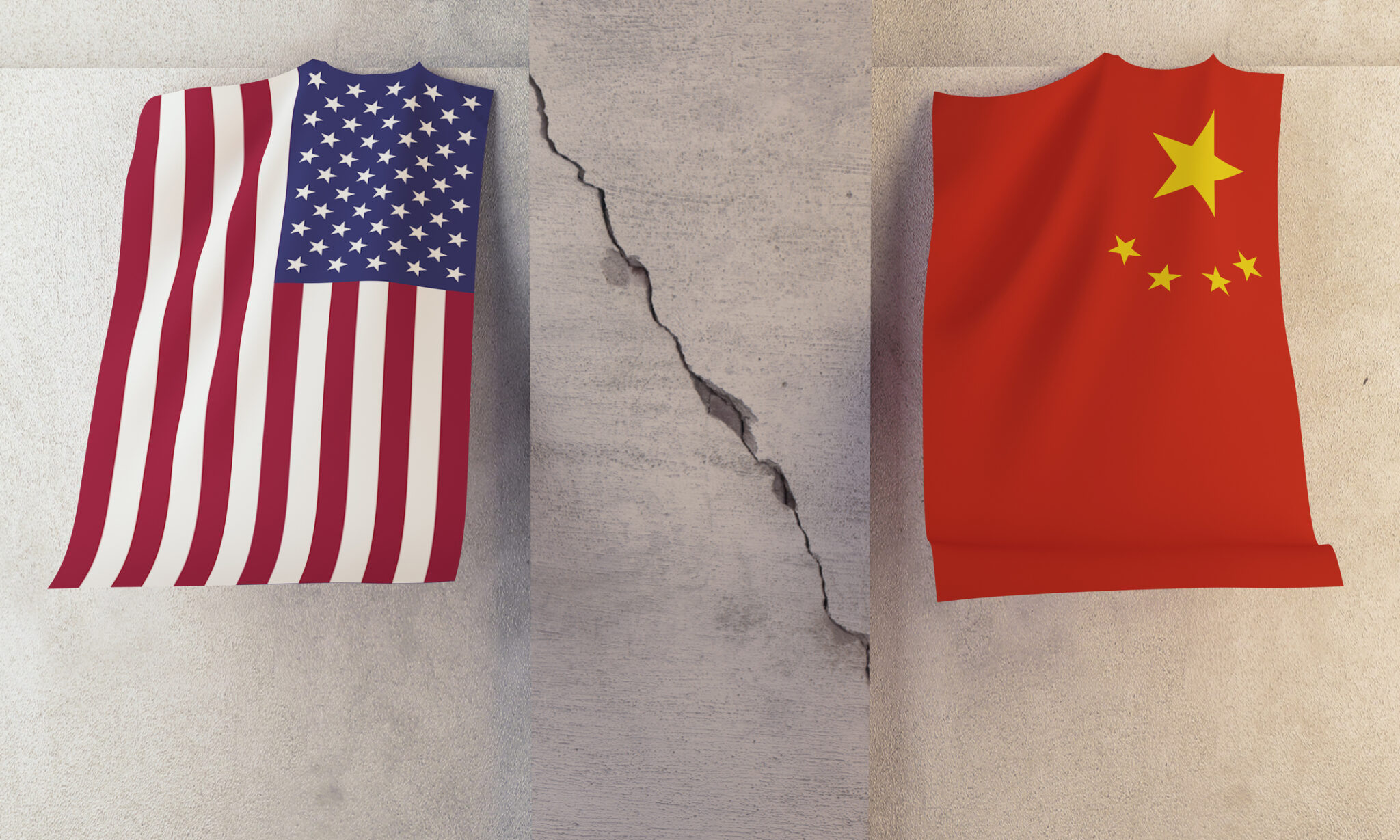Iraq, our largest source of crude, is in a series of existential paroxysms. Both the president and prime minister (PM) are in caretaker capacity with the election of their successors in jeopardy. Nearly a year after the last parliamentary elections, squabbling politicians cannot cobble together a majority. Instead, they are out on the streets with their armed-to-the-teeth militias. In a clash on August 30, in the heart of Baghdad, 30 people died — causing the caretaker PM to threaten resignation. A third of the country aspires to be autonomous. The unemployed young are clamouring to revive their three-year-old agitation for jobs, political reforms and better governance. All this, while the Islamic State of Iraq and Syria (ISIS), born there a decade ago, lurks around menacingly.
The 2003 invasion and occupation of Iraq by the United States (US) and its allies is a good reference point in the current saga. The chaotic occupation lasted eight years, unleashing long-contained Sunni-Shia ethnic demons such as al-Qaeda in Iraq, ISIS, Mehdi Army and Popular Mobilisation Forces. Although a new constitution was adopted in 2005 and elections held every four years, the ructions and politico-ethnic divisions have weakened governance. Under the Muhasasa Taifiya system (proportionate sectoral representation), important positions are distributed among various ethnic groups, leading to pervasive corruption and cronyism and pushing too many Iraqis into political alienation and penury.
All this contrasts sharply with Iraq’s current and potential wealth. With oil reserves of 141 billion barrels, Iraq ranks third globally. It exports 3.4 million barrels per day (mbpd) and is expected to earn $131 billion, or $3,000 per capita. Yet, nearly a quarter of its population lives below the poverty line, and unemployment is over 14%.
Unfortunately, it is difficult to be sanguine about Iraq in the short run. The Shia majority is torn between the nationalists, represented by religious leader and politician Muqtada al-Sadr’s Sadrist Movement (SM), and the Coordination Framework (CF), a pro-Iranian coalition. In the October 2021 elections, the SM emerged as the largest bloc with 73 of the Parliament’s 329 seats while the number of CF members dropped by two-thirds to 16 — conveying popular rejection of the perceived Iranian meddling. However, as 10 months of horse-trading failed to form a majority, al-Sadr ordered the SM MPs to resign en masse. The CF took advantage and attempted to form a majority coalition, causing the enraged SM to lay siege to and occupy Parliament and demand its dissolution and fresh elections. When the Iraqi Supreme Court rejected the SM’s plea, al-Sadr announced his resignation from politics. The escalating polemics spilt over into inter-militia skirmishes last week, which stopped only when al-Sadr asked the SM to withdraw to avoid spilling Iraqi blood. Although tensions have eased and some peacemaking is underway, the country remains in suspended apprehension, particularly after the Supreme Court reiterated on September 7 its rejection of SM’s second plea to dissolve the Parliament.
The fighting on August 30 did not affect oil exports, but the risk remains palpable. If the unrest disrupts exports, it will be a double whammy for India — not only will our crude supplies be affected, oil prices will skyrocket. Last month, India imported an estimated 895,000 bpd of Iraqi crude, 26% of the total. Our global bilateral trade in FY 2021-22 with Iraq stood at $ 34.33 billion, making it our fifth largest trade partner and source of the second largest trade deficit of $29.5 billion. The Shia community, constituting nearly a sixth of Indian Muslims, venerate their holy sites in Iraq. India and Iraq have long had fruitful economic ties, especially in the golden period of 1975-85 when Indian contractors executed several large projects in Iraq.
Although India has been relatively passive in Iraq for nearly three decades, we need to act now to leverage the goodwill we enjoy among Iraqis. We could help them set up credible and effective institutions for governance, shore up civil society and mitigate poverty. On the bilateral economic front, complementarity can be exploited in sectors such as hydrocarbons, health care and infrastructure building.
We also need to boost our exports to redress the mushrooming trade deficit, perhaps by negotiating a bilateral free trade agreement. Pursuance of such a comprehensive bilateral agenda calls for an early session of the much-delayed Indo-Iraqi Joint Commission. Indeed, writing a new chapter in bilateral ties would be preferable to turning the page.
Mahesh Sachdev is a former ambassador
The views expressed are personal
Enjoy unlimited digital access with HT Premium
Subscribe Now to continue reading
















